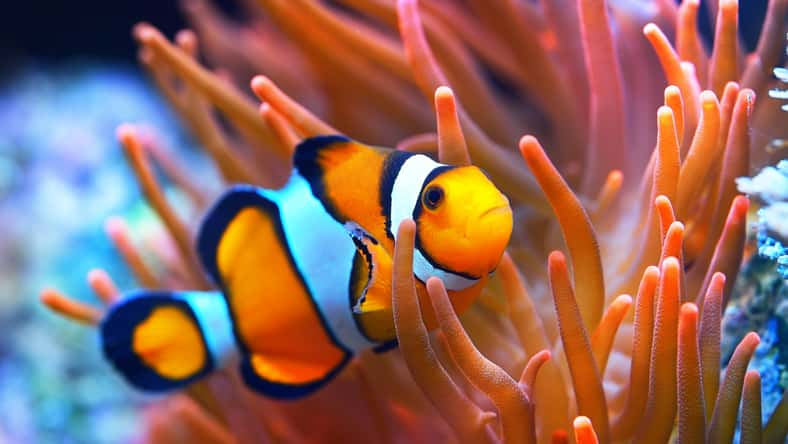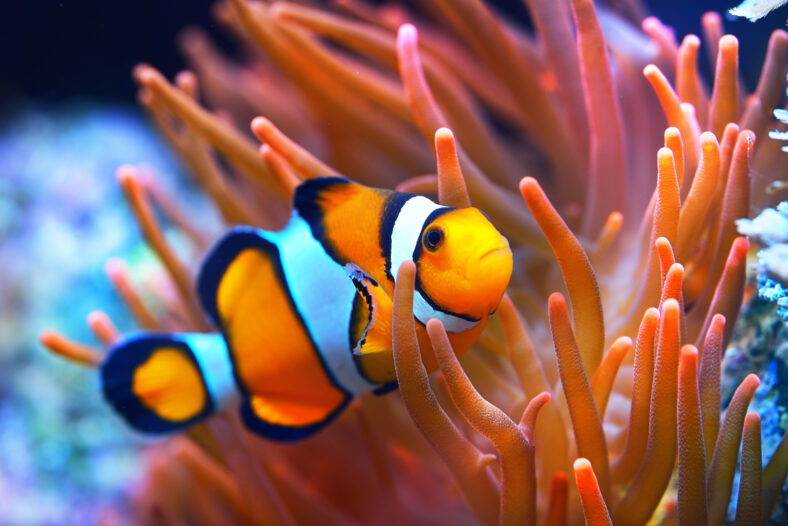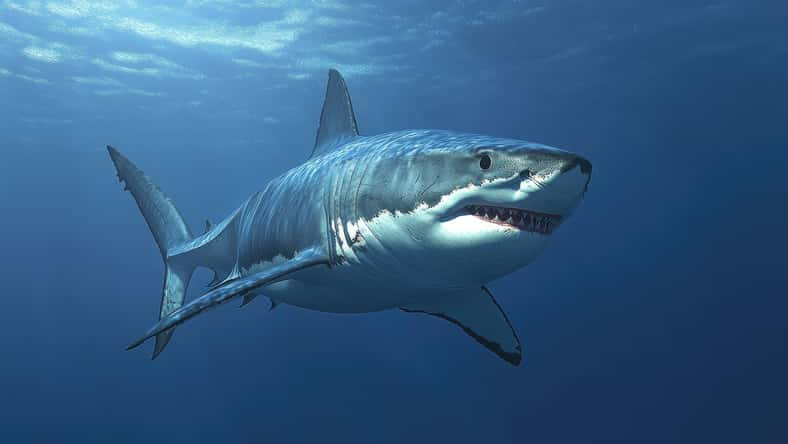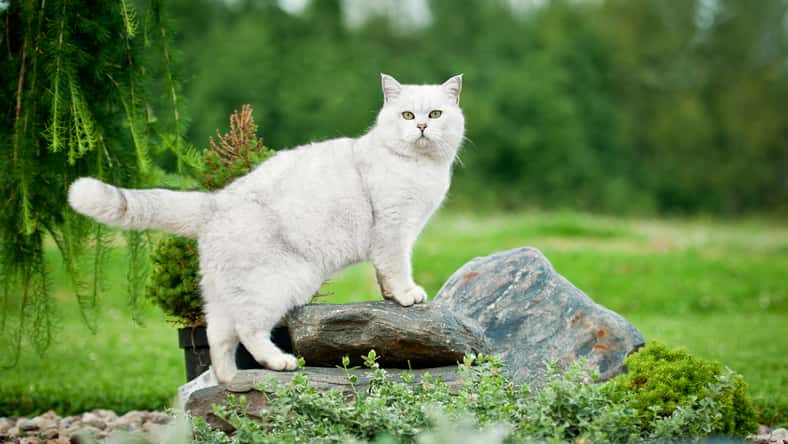
Clownfish, the iconic fish made famous by the film “Finding Nemo,” have been found to survive marine heat waves and avoid social conflict by shrinking themselves.
A team of researchers measured the length of 134 clownfish living on coral reefs every month for five months. Every four to six days, they monitored the water temperature during marine heat waves, which are becoming more common due to climate change.
They discovered that clownfish have a remarkable ability to shrink in response to heat stress. Shrinking helped them improve their chances of survival by as much as 78 percent.
In addition, coordination was shown to be important for clownfish. When they shrink alongside their breeding partner, they have a higher chance of surviving heat waves.
It is the first time that a coral reef fish has been found to reduce the length of their body as a result of environmental and social conditions.
“This is not just about getting skinnier under stressful conditions; these fish are actually getting shorter. We don’t know yet exactly how they do it, but we do know that a few other animals can do this, too,” said Melissa Versteeg, the lead author of the study and a researcher at Newcastle University’s School of Natural and Environmental Sciences.
“For example, marine iguanas can reabsorb some of their bone material to also shrink during times of environmental stress.”
During the study, a total of 100 fish shrank out of the 134 fish that were studied. The fish may be absorbing fat and bone like marine iguanas.
It was surprising to see how quickly clownfish could adapt to a changing environment. Their smaller size means that they need less food and are more efficient with oxygen. The individual shrinking may also explain why the size of fish is rapidly declining in the world’s oceans.

Sign up for Chip Chick’s newsletter and get stories like this delivered to your inbox.
“Our findings show that individual fish can shrink in response to heat stress, which is further impacted by social conflict, and that shrinking can lead to improving their chances of survival,” said Dr. Theresa Rueger, the senior author of the study and a lecturer in Tropical Marine Sciences.
“If individual shrinking were widespread and happening among different species of fish, it could provide a plausible alternative hypothesis for why the size of many fish species is declining and further studies are needed in this area.”
Overall, global warming is challenging for warm-blooded animals to deal with because they must maintain a constant body temperature to prevent their bodies from overheating.
Animals are responding in several different ways, including moving to cooler areas, changing the timing of breeding or migration, and switching their body size.
The details of the new study were published in the journal Science Advances.












